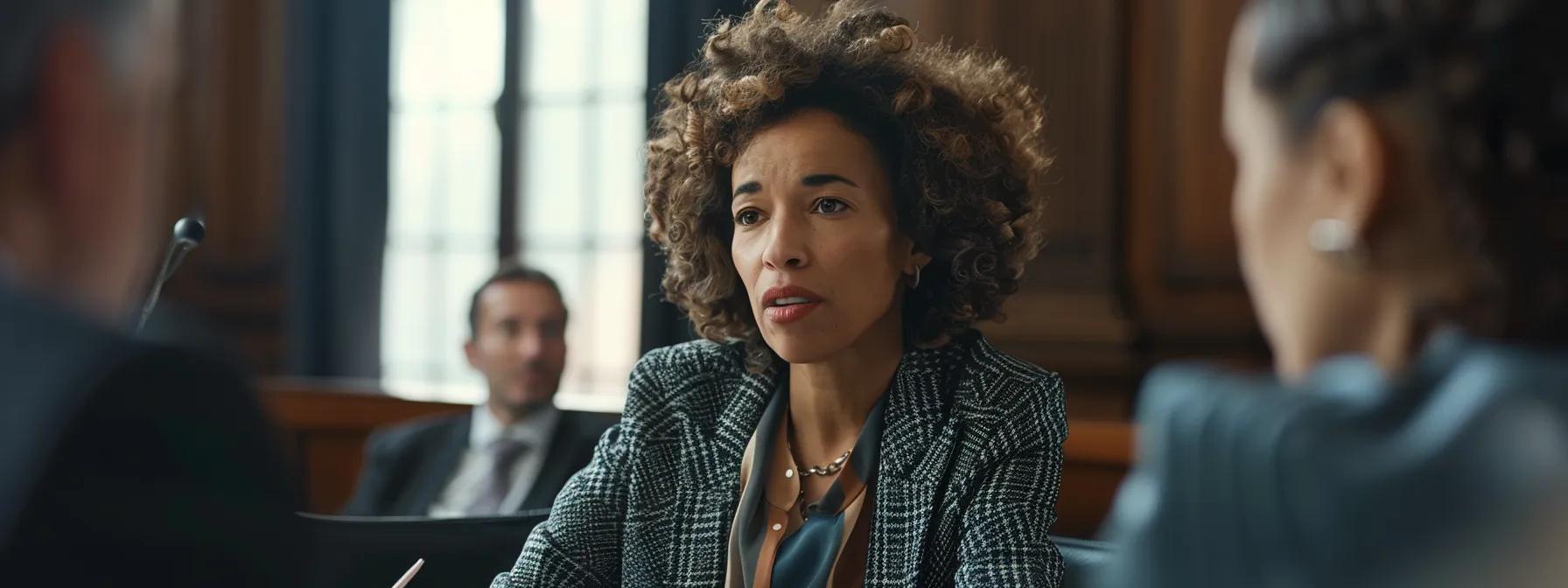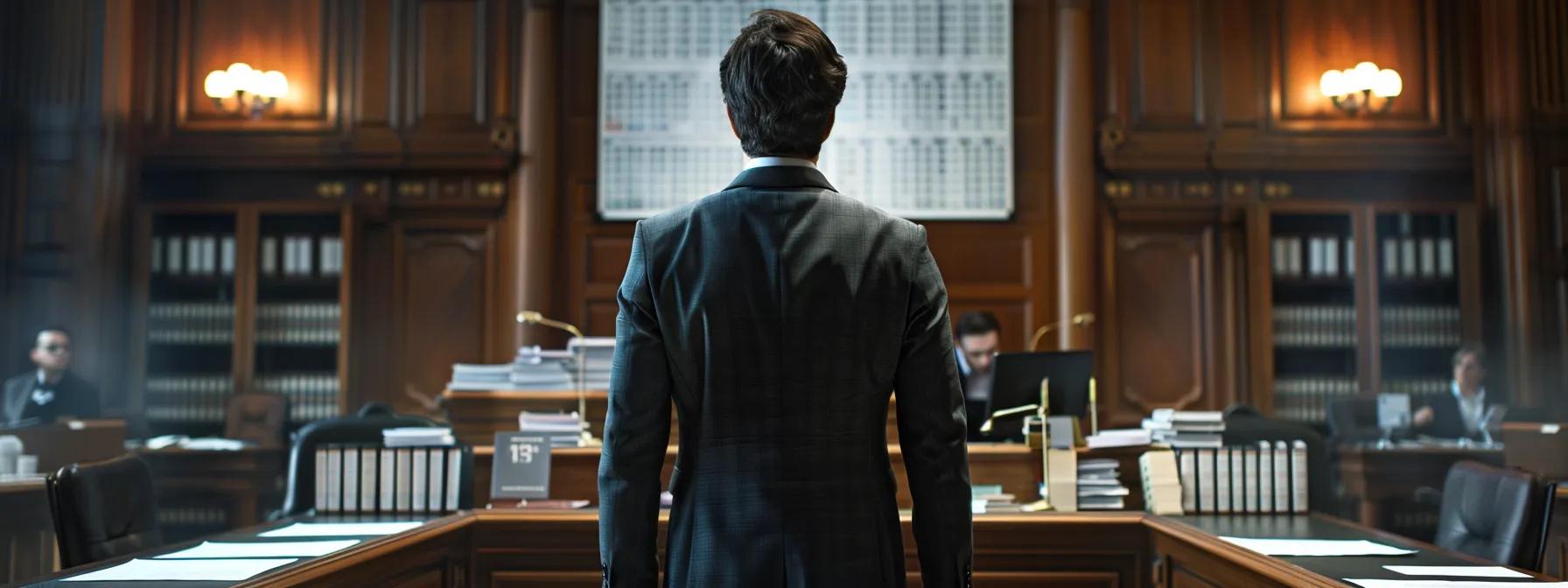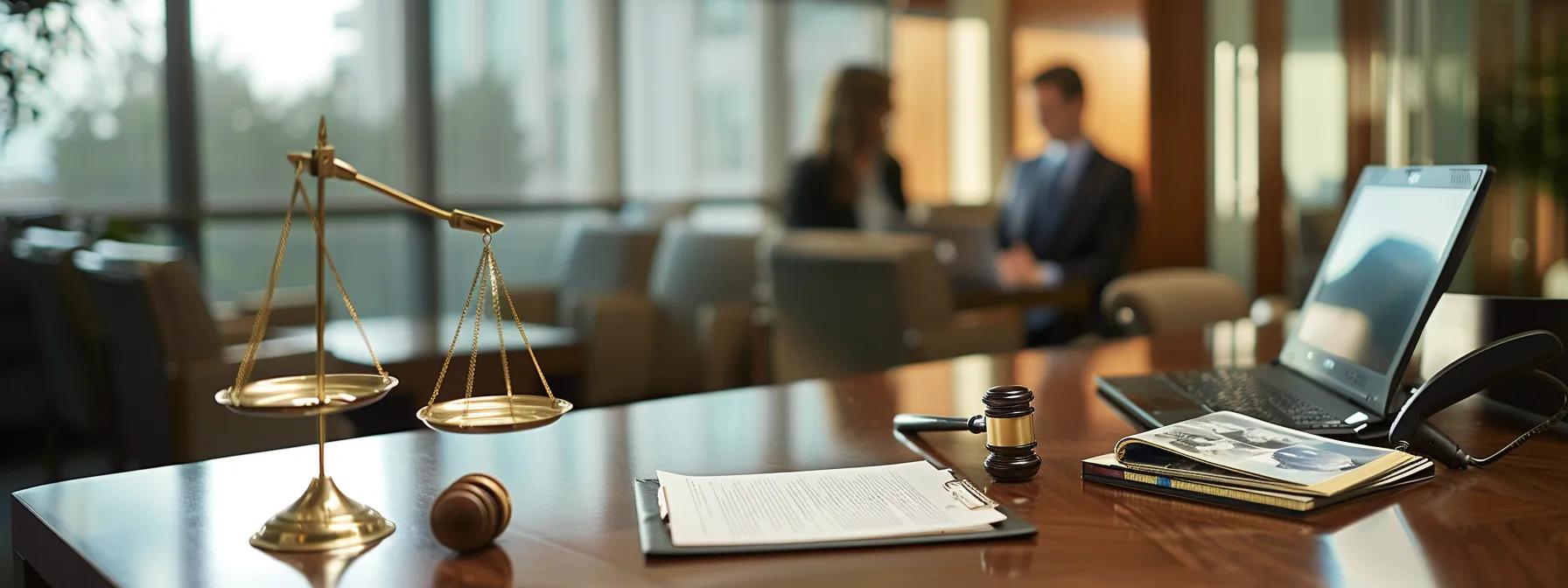Navigating Divorce: Importance of Communication With Your Lawyer
Divorce is a challenging process that often becomes even more complicated when communication between the client and lawyer is unclear. Effective dialogue not only helps in understanding the legal process but also ensures that the lawyer is fully informed of the client’s circumstances, goals, and needs. For more resources and expert advice, you might consider visiting coastalvirginialaw.com. This article emphasizes the importance of clear communication with your lawyer during divorce proceedings and provides detailed guidelines on how to achieve that clarity. By following a structured approach, parties can work collaboratively with their attorney to navigate complex legal issues—ranging from custody battles to asset division—and achieve the best possible outcomes. Ultimately, well-communicated expectations and concerns can help reduce misunderstandings and the emotional and financial toll of divorce.

Key Takeaways
- Clear communication with your lawyer is essential for an effective divorce process.
- Transparency and organization of all relevant information help build trust and enable strategic legal decisions.
- Establishing regular communication channels and tracking deadlines can significantly improve case management.
- Asking informed questions about legal processes and fees helps set realistic expectations.
- A collaborative relationship with your lawyer fosters better legal outcomes during divorce proceedings.
Understand the Role of Your Lawyer During Divorce Proceedings

Understanding the role your lawyer plays is the foundation for effective divorce management. In this phase, it is critical to recognize that your lawyer is both your legal representative and a strategic ally. They advocate on your behalf in court, negotiate settlements, and guide you through complex legal frameworks.
Identify Key Responsibilities of Your Divorce Lawyer
Your lawyer handles all legal filings, builds your case with relevant evidence, and ensures that your rights are protected throughout the divorce process. They are responsible for preparing testimony, advising on matters like alimony and property division, and representing you in family court. Their understanding of the law, including nuances such as grounds for divorce and custody regulations, is essential for a strong defense.
Recognize the Importance of Legal Representation
Having reliable legal representation means you have an advocate who knows the intricacies of family law. This representation helps level the playing field, particularly when facing spousal legal challenges. A proficient divorce lawyer understands both the legal and emotional aspects of divorce, making them invaluable in handling sensitive issues like child custody and mediation.
Discuss Your Goals and Expectations Clearly
It is important to outline what you aim to achieve—whether it is a fair asset division, shared parenting arrangements, or an amicable settlement. By clearly discussing your expectations, you enable your lawyer to tailor strategies that align with your unique circumstances and long-term interests.
Assess Communication Styles That Work for You
Different lawyers communicate differently. Some may prefer regular face-to-face meetings, while others might use phone calls or emails as their primary means of communication. Assessing and aligning with a communication style that suits both parties leads to fewer misunderstandings and a more streamlined legal process.
Evaluate the Lawyer’s Approach to Your Case
Finally, evaluating how your lawyer plans to manage your case is crucial. This includes understanding their negotiation techniques, litigation style, and willingness to embrace alternative dispute resolutions. An effective lawyer should not only be versed in the law but also adapt their approach based on your case’s dynamics.
Establish Clear Communication Channels With Your Lawyer

Setting up clear, systematic communication channels is critical during divorce proceedings. This structure ensures that you receive timely updates and that your lawyer fully understands your evolving needs.
Choose the Best Method for Regular Updates
Many lawyers offer a variety of communication methods, including phone calls, emails, and sometimes even texting. Choose a method that allows for prompt and efficient updates. Using email might be beneficial for documenting important details while phone calls can clarify urgent concerns in real time.
Set Up a Schedule for Check-Ins and Meetings
Regularly scheduled check-ins help keep the case moving forward. Whether it is weekly or bi-weekly meetings, having a prearranged time slot ensures that both you and your lawyer are aligned on the latest developments and that any emerging issues are promptly addressed.
Utilize Email and Messaging for Quick Questions
For quick clarifications such as follow-up questions on a recent hearing or guidance on form submissions, email and instant messaging provide efficient and documented avenues that keep both parties informed without scheduling a full meeting.
Document Important Conversations for Clarity
It is advisable to maintain a written record of all significant communications. This documentation could be simple meeting summaries or email threads that capture decisions made and strategies discussed, ensuring nothing is overlooked.
Ensure Your Lawyer Understands Your Concerns
Effective communication means not only conveying facts but also discussing the emotional and personal aspects of your divorce. Allowing your lawyer to understand your concerns about child custody, financial stability, or shared parenting responsibilities can lead to personalized legal strategies that align with your values.
Be Transparent About Your Situation and Needs

Transparency is the cornerstone of a successful legal partnership during divorce proceedings. Full disclosure of your situation enables your lawyer to deliver accurate advice and plan realistic legal strategies.
Share All Relevant Information Honestly
Do not withhold any details about your situation, even if they seem trivial. Full disclosure about your relationship history, conduct, and any previous disputes or restraining orders is crucial for building a robust case that effectively addresses all potential areas of contention.
Discuss Your Financial Situation Openly
Finances are often one of the most contentious aspects of divorce. By openly discussing your financial status—including income, expenses, and debt—your lawyer can better negotiate fair settlements regarding alimony, child support, and property division.
Provide Your Lawyer With All Necessary Documents
Gather and share all documents relevant to your case, such as financial statements, prenuptial agreements, and evidence of assets. This comprehensive sharing ensures that your lawyer is well-prepared to represent your interests and respond to challenges from the other party.
Address Any Concerns About Your Family Dynamics
Family dynamics can greatly influence custody arrangements and visitation schedules. Openly addressing issues like parenting styles, behavioral concerns, or conflicts with in-laws allows your lawyer to advocate for arrangements that best support your children’s welfare.
Communicate Changes in Your Circumstances Promptly
Divorce proceedings are dynamic, and circumstances can change rapidly. Whether there are financial fluctuations, changes in employment, or shifts in living situations, promptly communicating these changes helps your lawyer adjust strategies and keep your case current.
Ask Questions to Clarify Legal Processes Effectively

A proactive approach by asking well-prepared questions can help clarify opaque aspects of divorce proceedings, reducing uncertainties and fostering a collaborative environment.
Prepare a List of Questions Before Meetings
Before every meeting, prepare a comprehensive list of questions covering key areas like timelines, fees, and potential outcomes. This preparation ensures that no critical issue is overlooked during your discussion.
Inquire About Potential Outcomes of Your Case
Understanding various scenarios—ranging from a friendly settlement to a contested custody battle—helps you prepare mentally and strategically. Ask your lawyer to outline the pros and cons of each potential outcome, including defensive strategies if negotiations take a challenging turn.
Understand the Timeline of Divorce Proceedings
Ask for a detailed timeline that outlines important milestones, from filing for divorce to finalizing settlements. This timeline not only helps set expectations but also serves as a useful checklist to ensure no crucial deadlines are missed.
Clarify Fees and Costs Involved in Legal Services
Understanding the financial aspect of your case is essential. Ask your lawyer to explain their fee structure, including any retainer fees, hourly rates, and expected additional costs. This clarity helps prevent unpleasant surprises later in the process.
Request Information on Alternative Dispute Resolution
Lastly, inquire about other methods of conflict resolution such as mediation and collaborative law. Exploring alternative dispute resolution options might lead to less acrimonious and more cost-effective outcomes, particularly in cases involving shared parenting or complex asset divisions.
Keep Track of Important Deadlines and Requirements

Careful organization is crucial for managing divorce procedures effectively. Tracking deadlines and required documents helps prevent delays that could affect the outcome of your case.
Make a Checklist of Critical Divorce Milestones
Creating a detailed checklist that includes court dates, document submission deadlines, and milestones such as filing separate petitions ensures that every step is attended to. This checklist is an indispensable tool in the overall management of your divorce case.
Document All Court Dates and Filing Deadlines
Record every court hearing, meeting, and document due date in a shared calendar that both you and your lawyer can update regularly. This record-keeping minimizes the risk of missing key deadlines that could compromise your case.
Set Reminders for Follow-Ups With Your Lawyer
Automated reminders using digital calendars or mobile apps help keep you on track with scheduled check-ins and document reviews. Timely reminders ensure that you maintain active engagement throughout the process.
Understand Required Documentation for Each Step
Different stages of divorce require specific documents, from financial affidavits to custody evaluations. Clarify with your lawyer which documents are needed at each stage and adhere strictly to those requirements to avoid unnecessary delays.
Review Your Progress Regularly With Your Lawyer
Regular progress reviews, whether during scheduled meetings or via detailed email summaries, ensure that both you and your lawyer remain aligned. This regular review process helps adjust strategies if issues arise and confirms that all deadlines are being met.
Foster a Collaborative Relationship With Your Lawyer

A collaborative relationship with your lawyer not only helps build trust but also encourages continuous improvement in communication and case management. Working as partners can significantly enhance the overall outcome of your divorce proceedings.
Share Feedback to Improve Communication
Constructive feedback is essential for refining the communication process. Let your lawyer know what works well and what may need improvement. This feedback allows both parties to adjust and streamline interactions for better case management.
Be Open to Advice and Legal Strategies
Embrace your lawyer’s suggestions and consider various legal strategies that may benefit your case. A willingness to adapt to new ideas and approaches can often result in more favorable outcomes, particularly when complex issues such as asset division or child custody are involved.
Stay Engaged in Your Divorce Process
Active participation in your case helps ensure that no detail is overlooked. Regularly ask for updates, request explanations for complex legal terms, and maintain an open dialogue. Your engagement is a critical element in achieving a successful resolution.
Acknowledge Efforts and Progress Made Together
Recognizing the hard work your lawyer puts into your case fosters a positive environment. Simple acknowledgments of progress or expressions of gratitude can reinforce the collaborative spirit between you and your legal team.
Build Trust by Being Reliable and Consistent
Reliability in sharing accurate information and meeting deadlines builds a foundation of trust that is essential for any attorney-client relationship. Consistent, transparent communication reinforces your lawyer’s ability to advocate effectively on your behalf.
Final Thoughts

Effective communication with your lawyer is critical in ensuring that your divorce proceedings are handled efficiently and equitably. By understanding the roles and responsibilities of your legal representative and establishing clear communication channels, you set the stage for a more streamlined process. Transparency about your situation, proactive questioning, and diligent tracking of deadlines all contribute to a collaborative environment where legal strategies can be optimized. Ultimately, the partnership between you and your lawyer is essential for navigating the complexities of divorce, securing favorable outcomes, and moving forward with confidence.
Frequently Asked Questions
Q: Why is clear communication with a divorce lawyer important? A: Clear communication ensures that your lawyer understands your goals and concerns, which aids in effective representation and helps address issues like child custody and asset division.
Q: What methods should I use for regular updates from my lawyer? A: It is recommended to use a combination of scheduled meetings, emails for documentation, and phone calls for urgent matters, ensuring all communications are documented.
Q: How can I keep track of all the important deadlines during my divorce? A: Create a detailed checklist and use a shared digital calendar with reminders for court dates, filings, and meetings to stay organized throughout the process.
Q: What should I do if my situation changes during the divorce proceedings? A: Immediately communicate any major changes in your circumstances—such as financial shifts or new personal issues—to your lawyer to adjust the case strategy accordingly.
Q: How do I know if I’m building a collaborative relationship with my lawyer? A: A collaborative relationship is evident when both parties share feedback, maintain regular communication, and work together on strategy adjustments to achieve the best legal outcomes.



